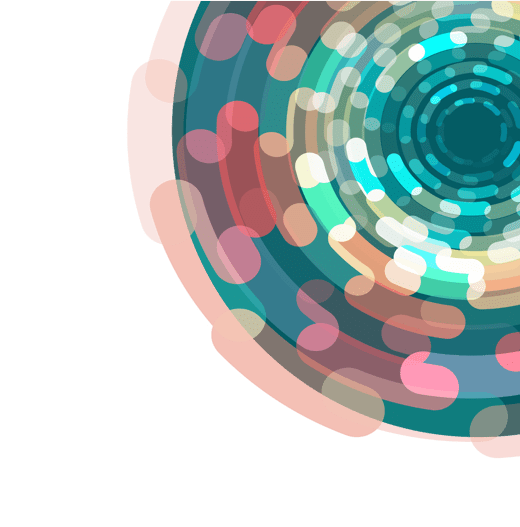DDLS Annual Conference
November 12, 2025 @ 11:30 – November 13, 2025 @ 13:30 CET
The Data-driven Life Science program, supported by the Knut and Alice Wallenberg Foundation (KAW), will hold the DDLS Annual conference on November 12 – 13, 2025 at Uppsala Konsert & Kongress (UKK).
We are thrilled to invite you to the fourth on-site DDLS Annual Conference. The conference highlights DDLS research and program activities and provides information about new technologies and the diverse services available to researchers across Sweden.
The two-day event offers an opportunity for the DDLS community to get to know each other, share and discuss research findings, exchange ideas and insights, network for collaboration and career development, and learn things outside your field of expertise.
The Annual Conference will start with lunch on November 12 at 11:30 – 12:30 and end with lunch from 12:30-13:30 on November 13.
DDLS Annual Poster Prize
The DDLS Annual Poster Prize is awarded at the Annual Conference and aims to encourage the submission and exhibition of high-quality posters by young scientists, including PhD students and postdoctoral researchers. The poster should be on a topic related to data-driven life science. The Prize, which is based upon the decision of a Scientific Committee-appointed Jury, consists of a certificate and a travel grant of up to 5,000 SEK. Conditions apply.
More information will follow soon.


